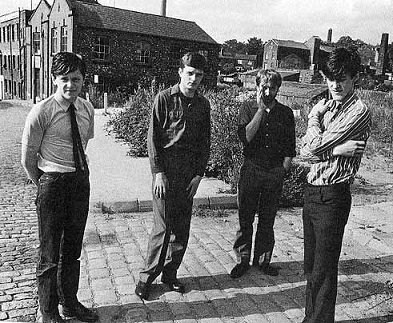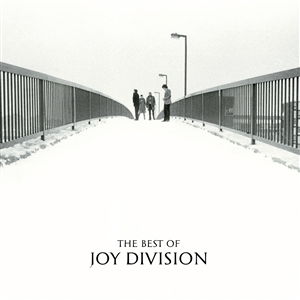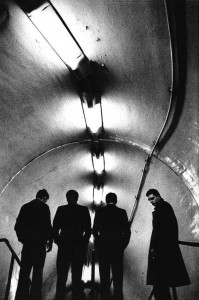
The Cover Of “Unknown Pleasures” (Joy Division’s Debut Album) Featured The Textured Graph Of A Star Going Supernova Over A Plain Black Background.
It is terrifying to realize how far some individuals can go artistically, and how little they can advance as human beings, what a feeling of deep unfulfillment they might still harbor to the very end. And that is a contradiction which can never be resolved. If it were, we would lose something that we can’t afford to lose: the sense of amazement, of wonder, of sheer dread that hits us when we come across these works marked by the truest lines if sacrifice, and which mark us in due turn.
“Unknown Pleasures” is one of the most distinctive debut records in the history of modern music. It shook everybody at the time of its release. The band, fellow musicians, the public, the critics… nobody was certain where they stood any longer. It was already a convoluted era – in 1979, people were still trying to figure out how to continue after the hurricane named punk rock had savagely altered the surface of the music scene. Well, Joy Division was to go one more, and take away what remained: the ground were everything had once lay to begin with. And the cataclysmic effect of “Unknown Pleasures” is felt as forcefully today as it was felt right then.
The album was to be produced by Martin Hannett, with whom the band was at loggerheads from start to finish. Hannett (later defined by bassist Peter Hook as “a genius, but an evil fucker”) took the band’s sonorous charge and shaped it into something which was luxuriously ordered, without compromising even a quarter of its impetus. He filled the songs with bizarre effects (alarms going off, bottles rolling and then crashing…) and airy echoes that gave the album a true other-worldliness. Continue reading



